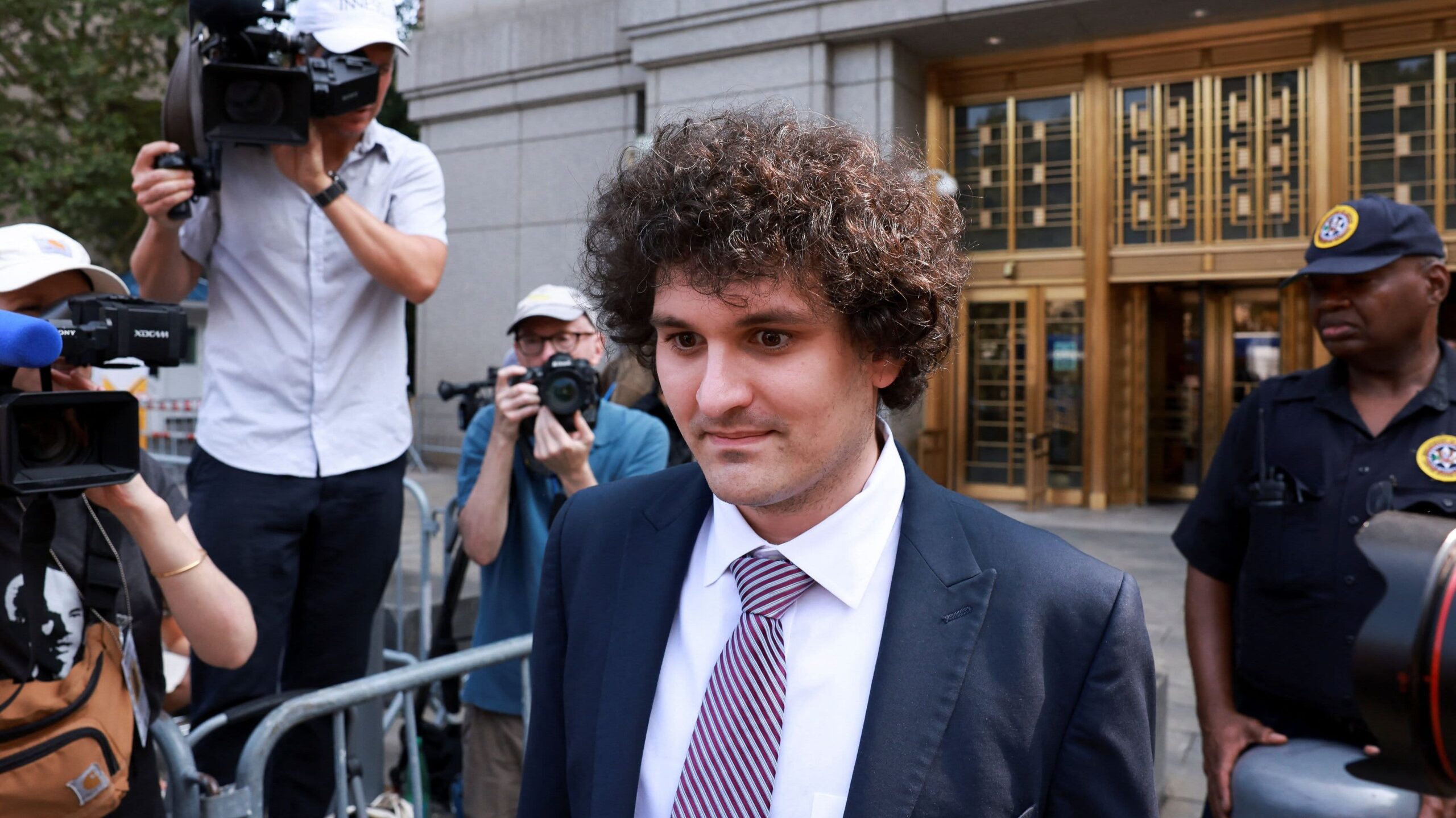
In Manhattan, U.S. District Judge Lewis Kaplan declared that these contributions have relevance to the fraud charges currently confronting Bankman-Fried.
These charges pertain to the alleged misappropriation of billions of dollars in FTX customer deposits, an issue that Bankman-Fried’s prosecutors previously highlighted.
According to Judge Kaplan, the proof of Bankman-Fried’s utilization of customer funds for political donations directly connects to the wire fraud scheme, thereby establishing the defendant’s motive and purported fraudulent intent.
Moreover, the judge granted the prosecution’s request to introduce evidence suggesting that Bankman-Fried made an effort to bribe a Chinese official to gain access to frozen funds totaling $1 billion.
Despite the absence of related charges, the judge deemed this information relevant to the case, as it may shed light on Bankman-Fried’s motives for misappropriating customer funds.
Nonetheless, in a setback for the defense, Judge Kaplan ruled that Bankman-Fried is not permitted to present evidence of his philanthropic endeavors and charitable contributions to the jury, as it has the potential to create confusion among the jurors.
Furthermore, the judge sided with the prosecution in including evidence from FTX’s television advertisements, dismissing Bankman-Fried’s argument for their exclusion.
Initially, Bankman-Fried faced charges related to campaign finance violations, but these charges were dropped after his extradition from the Bahamas.
He has entered a plea of not guilty to all charges, including fraud and conspiracy.
The trial is set to commence on October 3, 2023.
Prior to FTX’s collapse in November 2022, Bankman-Fried had been a significant donor to Democratic candidates and causes in the lead-up to the 2022 midterm elections.
